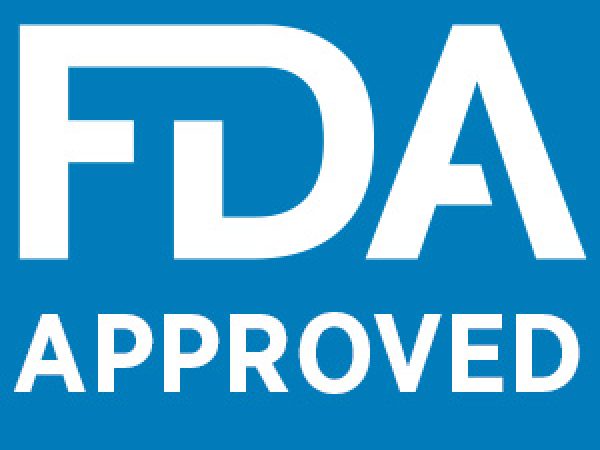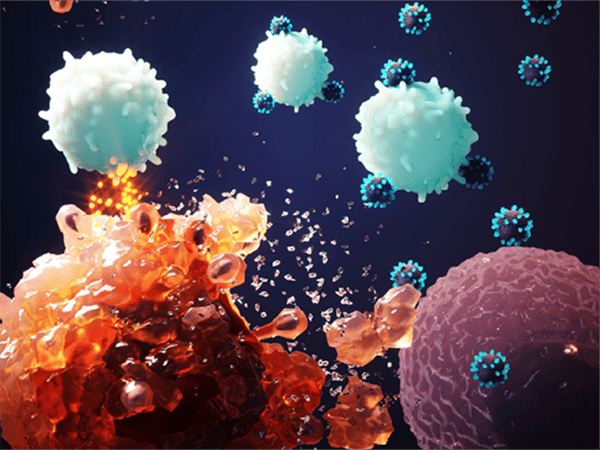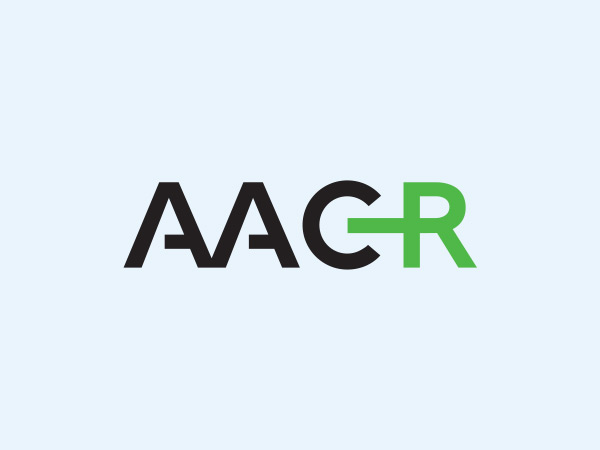Annual Meeting 2022: Uniting Scientists and Survivors
For more than 20 years, the Scientist↔Survivor Program (SSP) has played a vital role in the American Association for Cancer Research (AACR) Annual Meeting. This year, as we excitedly plan for a return to an in-person meeting, we look forward to welcoming a new cohort of survivors. While SSP continued its mission throughout the pandemic, many participants are eager to collaborate face-to-face once again, forging the connections that have made SSP an enriching and enlightening experience through the years.
“We’ve made it through two years of doing things virtually, and we’ve learned a lot from the experience,” said Anna D. Barker, PhD, FAACR, who founded SSP in 1998 while serving on the AACR Board of Directors. “But in a virtual environment, you can’t capture the excitement you feel when patients are sitting down together with the scientists. You can’t replicate the feeling of walking through the posters. The chemistry is completely different in an in-person setting.”
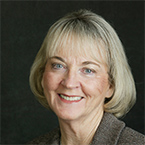
PhD, FAACR
Through SSP, patient advocates selected through a competitive application process attend the AACR Annual Meeting or other AACR scientific meetings. Paired with mentors who are renowned cancer scientists, the advocates learn about fundamental topics in cancer research, including the cutting-edge advances that have fueled significant progress against cancer. In turn, they provide researchers with valuable perspective on survivorship.
This year, SSP is incorporating a new tagline: Building Bridges for Progress Against Cancer. Barker spoke with Cancer Research Catalyst about the group’s plans to build bridges at the Annual Meeting and well beyond.
Cancer Research Catalyst: What does the new slogan “Building Bridges for Progress Against Cancer” convey? How does it exemplify the aims of the Scientist↔Survivor Program?
Barker: It indicates that research is a partnership. Everything begins and ends with the patient. The goal of SSP has always been to enable the dialogue between the scientists who work on these problems and the patients who have to deal with the problem of cancer every day. So often, researchers don’t get the opportunity to speak one on one with cancer patients. We want to raise the game in terms of that process.
To me, the word “bridges” signifies that the high level of communication between researchers and patients can be used for even greater benefit in the cancer research community. Our survivors routinely take the information they learn through SSP back to their constituents. The information moves out into the communities to thousands more patients and survivors. Conversely, scientists get a better feel for what it’s like to be a cancer patient, and they can convey the patients’ concerns to their fellow researchers and clinicians.
Cancer Research Catalyst: Can you please reflect on the meaning of the two-way arrow in the Scientist↔Survivor Program name? What does this mean to you, and how has it helped shape the program?
Barker: The Scientist↔Survivor Program was launched shortly after The March: Coming Together to Conquer Cancer, which took place in Washington, D.C., in 1998. Advocacy was just coming into its own. You could see how it was going to shape the way science was conducted.
Before that, information tended to flow from the scientists to the patient advocates. It should never have been that way. But after the March, we started to see that the two-way process is essential. Both sides of the equation are important, and we need the information to flow in two directions.
Patients now have an extraordinarily important role in every part of cancer research. They are the key advocates for cancer research, and they do it very well. That arrow becomes more meaningful every year.
Cancer Research Catalyst: As we embark upon a new year of SSP programming, what is included in the program? What initiatives are you excited about in the coming year?
Barker: Every year, there’s a certain amount of basic understanding you want everyone to gain. What’s the state of the science? We start with a “mini med school” that brings everyone up to date.
Then we add on some discussion of cutting-edge science, encompassing advances from the past few years. This year, we’ll be talking about Big Data and its role in cancer. We’ll certainly talk about immunotherapy and CAR T therapy. We often discuss clinical trials, and this year, I imagine we’ll talk about how COVID-19 has influenced the clinical trial process. The pandemic taught us so much about how we can manage trials differently and enroll people more efficiently.
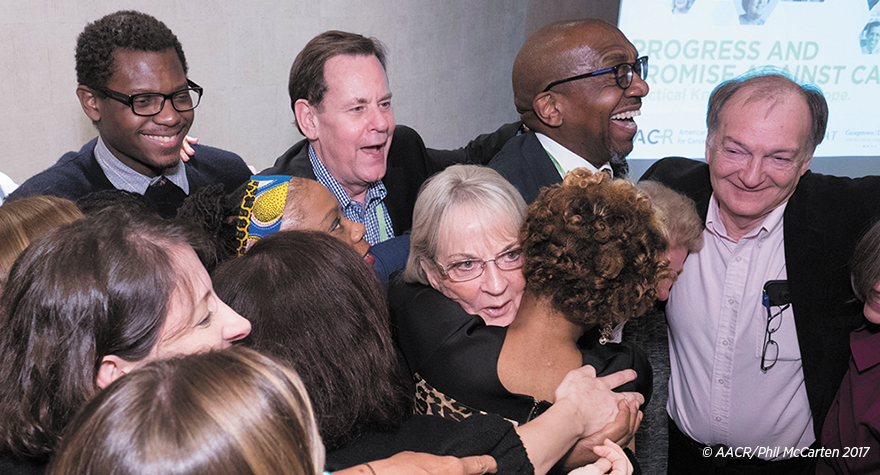
Cancer Research Catalyst: What do you envision for the future of SSP?
Barker: We learn something every year, and always make some changes based on what we learn. We want to make sure that we’re including the broad scope of cancer types, from the most common cancers to rare tumors. We also want to ensure that we’re getting representation from minority and underserved groups. They are often underrepresented in these opportunities, so we want to make sure we’re looking carefully at that.
And we want to make sure we’re digging into new scientific areas. Artificial intelligence and gene editing are just a couple of examples of how technology is going to have a big influence in cancer. We want to introduce those topics so that our advocates might see a snapshot now, then watch these areas fuel progress over time. Some other topics we’ll be discussing this year are cancer evolution and the physical sciences.
Another area that I think will be very important: second primary cancers. Some of our advocates are coming back to us years later with a new cancer diagnosis. We see some patients who were treated for childhood leukemia developing solid tumors as adults. Many of our advocates have long-lasting effects from the cancer treatment, from physical problems to financial hardship. These issues remind us that we should look at survivorship on the whole continuum from diagnosis to death.

